Rednote Emoji Guide
Explore the complete guide to Rednote emoji meanings and interpretations. Find the perfect emoji for every message and understand their cultural significance.

Smile
Smiling expression, but this emoji doesn't necessarily indicate a smile in China. Young people usually use it to express speechlessness or a death stare, because the eyeballs in WeChat's smiling emoji look downward, which is a bit scary.

Shy
Indicates shyness, usually used after receiving compliments. Chinese people are generally shy and reserved, becoming bashful when praised. It can also be used to express anticipation.

Disappointed
Expresses disappointment, typically used when feeling let down by colleagues or bosses at work, or between couples in relationships.

Embarrassed
Indicates awkwardness, usually used when encountering embarrassing situations, such as seeing an unusual viewpoint.

Wow
Shows surprise and delight, with stars in the eyes. Sometimes used for good luck, such as in comments under posts about winning prizes.

Drink bubble tea
Expresses happiness, as Chinese people are particular about food and drink, becoming happy with good food. This emoji shows a momo character hugging bubble tea with a happy expression, can be used when eating delicious food or expressing general happiness.

Selfie
Selfie emoji, similar to 🤳, usually used when wanting to leave a comment on a post to indicate "I was here."

Giggle
Giggling, as if discovering a secret or sharing an unspoken understanding between like-minded people.

Kiss
Flying kiss, similar to emoji 😘, usually used when seeing attractive people, and sometimes for cute babies or adorable pets.

Stunned
This emoji is called "petrified" in Chinese, meaning stunned, shocked to the point of being unable to move, somewhat similar to the 🗿 (Moai statue) emoji.

Laugh and cry
A mix of laughter and bitterness, frequently used. Can express bitter smile, like when facing unfair treatment at work; can also indicate something is very funny, laughing until tears come out.

Like
Thumbs up, expressing like, usually used to show strong agreement with a viewpoint.

Waiting for updates
Indicates waiting for updates, such as when someone posts multiple parts like a TV series, leaving this comment to show waiting for updates, can be used together with eating melon.

Observing quietly
Usually used to indicate watching or expecting a reply, can also show understanding of a hint. Designed based on a popular meme of an orange cat hiding beside a wall.

Buy a lot
The emoji has the Chinese character "买" (buy), meaning shopping spree, usually used when seeing desirable products or during Chinese shopping festivals.

Laugh
Big laugh, indicating something is very funny.

Drooling face
This emoji is called "seductive" in Chinese, directly translating to seeing attractive people and physically drooling over them.

Angry
Extremely angry, breathing fire, similar to emoji 😡 but expressing a higher degree of anger.

Cry
Crying hard, similar to emoji 😭, crying so much that tears flood oneself, usually used to express feeling wronged and seeking comfort.

Cute
Indicates cuteness, can be used to express liking for cute things, or to show anticipation.

Knowing look
Indicates understanding some implied meaning.

Pity face
Shows pitiful and wronged feelings, also implying a need for comfort.

Rolling eyes
Rolling eyes, similar to emoji 🙄, expressing speechlessness or contempt.

Frown face
Frowning expression, can indicate worry, also conveying a sense of sympathy.

Crazy face
Crazy expression, similar to emoji 😫, usually indicating being driven crazy by some kind of pressure.

Cover face
Face-palm expression, somewhat similar to 🤦, can express speechlessness or helplessness.

Party
Party expression, let's be happy together.

Enjoy eating
Sweet potato eating expression, a homophone for Xiaohongshu in Chinese, generally indicates focused eating, also means watching drama, similar to eating melon emoji.

Scared
Terror, similar to emoji 😱, a classic expression indicating shock.

Pick nose
Picking nose, inspired by the Chinese comedy character Ru Hua, who is a bearded man dressed as a woman, using this contrast for humor. This emoji can express witty humor or quietly watching drama.

Goodbye
Goodbye expression, because the eyes look down giving a death stare feeling, Chinese youth usually use it to indicate cutting ties, meaning never seeing again. But some people mistakenly use it as a greeting.

Sigh face
Indicates sighing, similar to emoji 😮💨, can express fatigue from work or relationships.

Sleep face
Sleeping expression, usually used to say goodnight or goodbye.

Proud face
Expresses pride, can also show off, similar to emoji 😎 but more intense.

Watching drama unfold
The basic meaning is eating watermelon, but "melon" actually refers to "sunflower seeds," as Chinese people like to chat about dramatic news while eating sunflower seeds, so people who "watch drama without getting involved or expressing opinions" are called melon-eating masses.

Shocked and hold wall
Indicates receiving a huge shock, to the point of being unable to move and needing to lean against a wall to recover.

Confused nick young
Question mark expression, somewhat similar to emoji ❓, design inspired by NBA star Nick Young, the "Black guy confused face" is used in China to express confusion with a sense of humor.

Cute happy face
Can express happiness or anticipation, the whole expression turns golden when happy.

Zany face
Sticking out tongue playfully, similar to 🤪, making faces. Usually used to express witty humor.

Pull cheek face
Indicates encountering something cute and wanting to pinch it, such as when meeting cute children or pets, using this emoji to show affection. Inspiration likely comes from Japanese anime face-pinching expressions.

Doge
Classic doge expression, can indicate understanding hints, can be used when speechless, can also show proving one's innocence, very versatile in usage.

